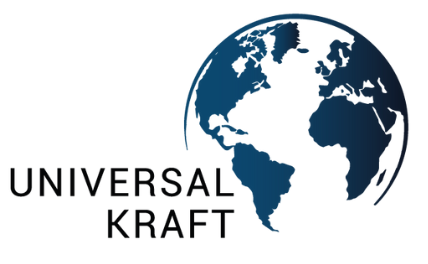
A carbon tax is one of several policy tools that can be used to encourage the decarbonization of the grid and reduce greenhouse gas emissions from the energy sector.
Whether if it is effective, it depends on various factors, including the specific goals of a region or country, the political and economic context, and the application of other available policy options.
Advantages
- Market-Based Incentive: A carbon tax puts a price on carbon emissions, creating a financial incentive for companies and individuals to reduce their emissions. This market-based approach can encourage innovation and cost-effective emission reductions.
- Revenue Generation: Revenue generated from a carbon tax can be used to fund clean energy projects, infrastructure improvements, or returned to citizens through dividends, which can help offset any potential economic burdens.
- Simplicity: Carbon taxes can be relatively straightforward to implement compared to complex regulatory schemes, making them appealing from an administrative perspective.
- Predictability: Businesses can anticipate the cost of emissions, which helps with long-term planning and investment decisions.

Disadvantages and Challenges
- Political Acceptance: Carbon taxes can face resistance, particularly if they are perceived as burdensome to certain industries or individuals. Political challenges can hinder the implementation of effective carbon pricing.
- Economic Impact: There is concern that a carbon tax could disproportionately affect low-income households and certain industries, potentially leading to job losses or economic disruption.
- Emission Reduction Targets: The effectiveness of a carbon tax depends on setting the right price for carbon emissions. If the tax is too low, it may not provide sufficient incentive for emission reductions to meet climate goals.
- Global Coordination: For maximum effectiveness, carbon pricing ideally requires international coordination to prevent carbon leakage (emissions shifting to regions with weaker regulations).
- Complementary Policies: Carbon taxes may need to be complemented by other policies, such as renewable energy incentives, to drive the transition to a low-carbon grid effectively.
In summary, while a carbon tax can be a valuable tool in decarbonizing the grid and reducing emissions, it is not necessarily the “best” or sole solution. Effective climate policy often involves a combination of approaches, including regulatory standards, incentives for clean energy, research and development investments, and carbon pricing mechanisms. The choice of policy tools should align with a region’s specific circumstances and goals, and it may require a balanced mix of policies to achieve meaningful decarbonization of the grid.
Font: Energy Post

At Universal Kraft we are focused on developing renewable energy solutions that may contribute to a decarbonized society. Regarding solar, wind, green hydrogen, energy storage, and waste-to-energy technologies, we provide a variety of options. Discover our full offer here.




